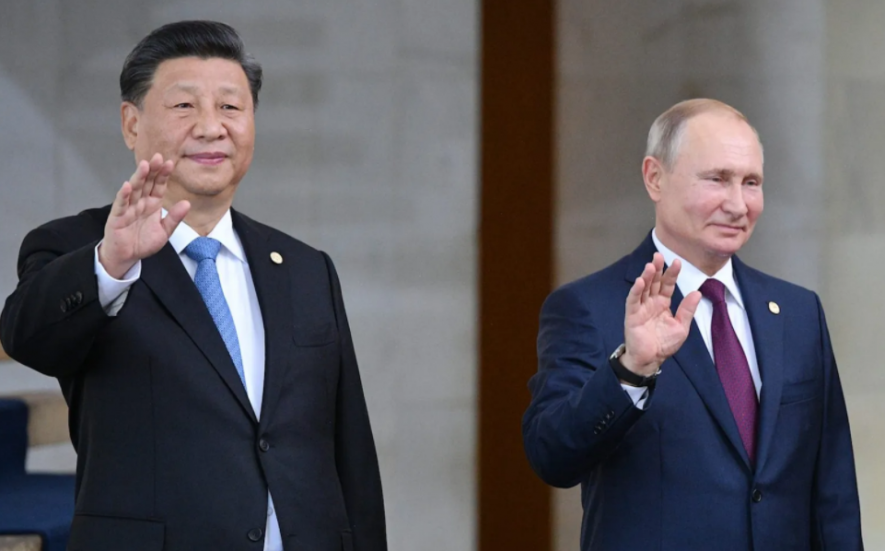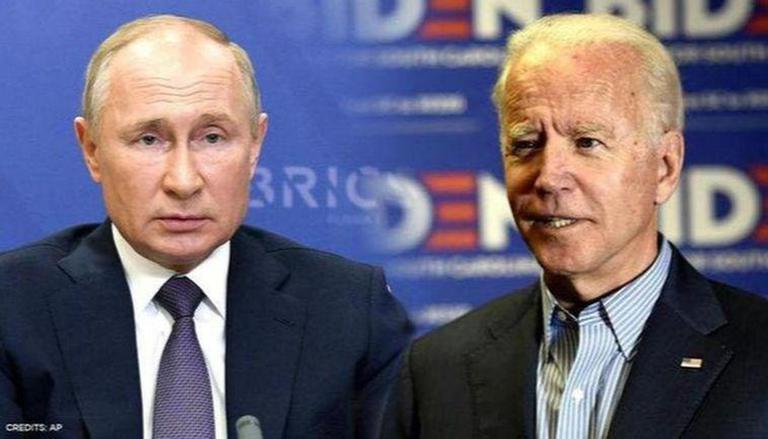Russian and U.S. diplomats engaged over the Russia-Ukraine conflict at a world peace forum in Beijing on Monday, as Russia’s Ambassador to China, Andrey Ivanovich Denisov said that pushed back against a claim made by the U.S. Ambassador to China Nicholas Burns that Russia’s invasion in Ukraine created the biggest threat to the stability and peace of current world order.
The scattered, tense interchange at the 10th World Peace Forum underlines the mounting geopolitical tensions between Russia and the USA. Chinese experts said that, while inviting Russia and the USA to find a way of controlling the flash flood effect of the tensions between both super powers and focus on personal interest, including stability and peace and the current international scenario supported by the UN Charter and international law.
Burns first said about China-US relations, saying that China and the U.S. have a competitive and aggressive relationship and also look to engage with each other. They must participate in a way that diminishes the possibility of a single conflict that never wants both nations. The U.S. delegate muffled his speech by criticising Russia’s invasion of Ukraine, saying it was a straight contravention of the UN Charter and the most significant security threat to the world, which has caused humankind.
Denisov said he resisted “every line” of the U.S. delegation but from the reflection of good diplomatic manners. Denisov congratulated the U.S. national holiday as Monday, July 4, was also Independence Day in the U.S., which also pulled out cheering from the spectators. Then he told the U.S. envoy’s claim about Russia’s invasion as “unlawful” and “groundless,” speaking that he did not talk about the five ways of NATO expansion and what has happened since 2014 as well as Russia’s attempt to encourage the Minsk agreements but wholly failed due to the positions of the United States of America.
After Ukraine Now, Taiwan Became the Topic Of Discussion in the Forum
Wang Jisi, President of Peking University, said that the panel discussion on the U.S. think tank published a series of articles showing that there will be a war between China and the U.S. over the Taiwan question. China will have a schedule in the future to resolve the conflict.
Top U.S. general Mark Milley told a BBC interview that the mainland “is developing the capability to attack” Taiwan at some point, which is not imminent, but the U.S. is watching closely. If military tension occurs across the Taiwan Straits, the impact on U.S. personal interests and international influence will be far greater than the Russia-Ukraine conflict.

